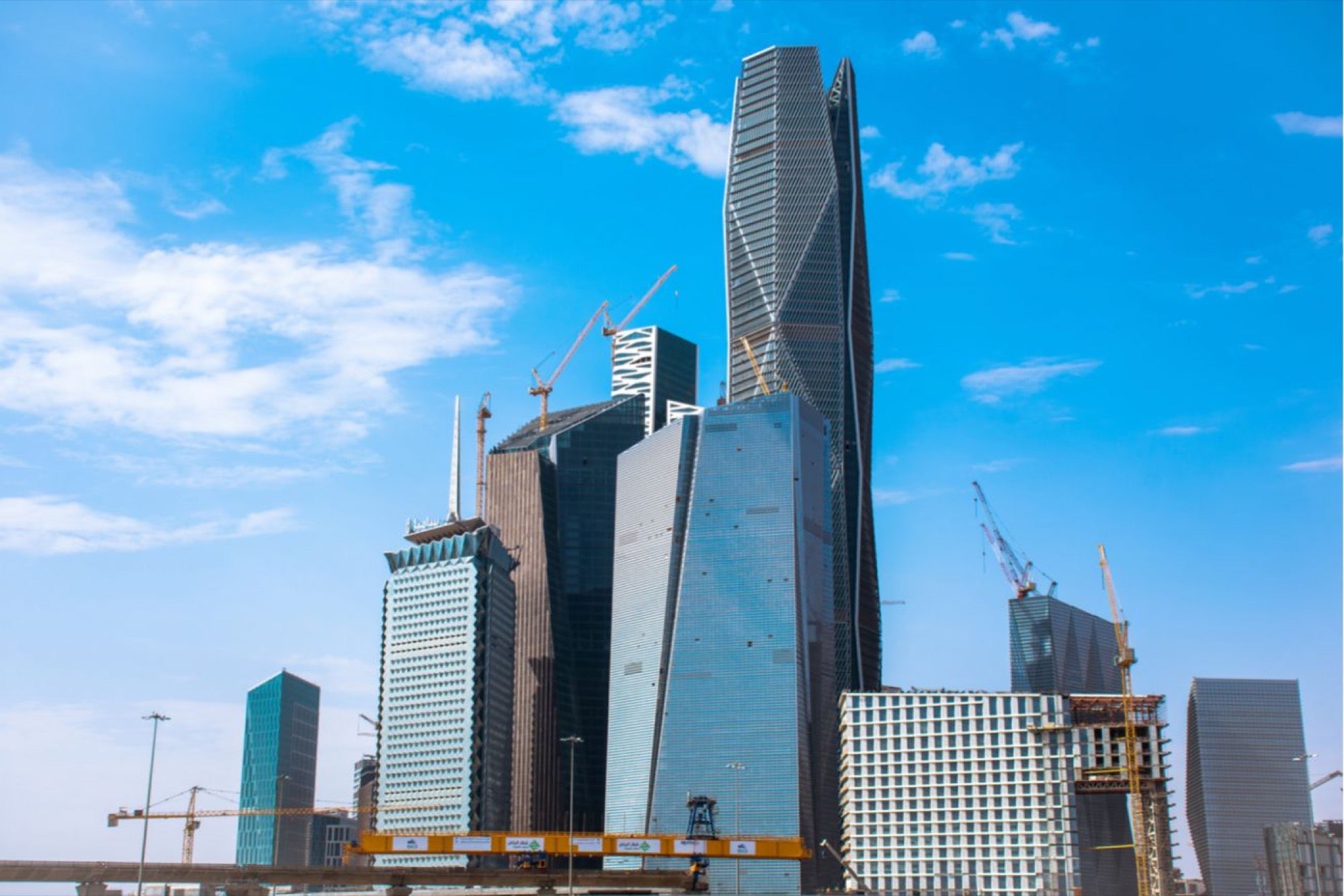Road To 2030: The Economic Impact Of Women Driving In Saudi Arabia Saudi Arabia's decision to allow female drivers to drive has been hailed as a step forward for women's rights in the ultra-conservative kingdom, but it could also have a major economic impact.
Opinions expressed by Entrepreneur contributors are their own.
You're reading Entrepreneur Middle East, an international franchise of Entrepreneur Media.

Saudi Arabia's decision to allow female drivers to drive has been hailed as a step forward for women's rights in the ultra-conservative kingdom, but it could also have a major economic impact. Driven heavily by the "Saudi Vision 2030," Saudi Arabia is looking at a variety of changes that will make the country globally competitive and less oil-reliant in the future.
First, part of Saudi Vision 2030 is to grow and encourage more foreign direct investment (FDI) into the country. An immediate effect from allowing women to drive is the new market for women drivers. There are estimates that out of the country's 30 million people, there are more than eight million women aged 15-54 in Saudi Arabia, with a combination of both Saudis and expats, who will be eligible to drive. This means that various automotive companies will potentially have a new massive market to sell their vehicles, as well as those in the auto supply chain.
Having such a new potential demand of vehicles for new women customers can be an advantage for the Saudi government. Rather than importing more vehicles, which Saudi Arabia and much of the region is reliant on, the government can help encourage FDI into the region. Car companies like Toyota, Volkswagen or Ford can theoretically consider setting up manufacturing or assembling in the region, thereby helping Saudi Arabia build a more diversified economy. Having a new homegrown auto cluster in Saudi Arabia can further help complement the other major infrastructure projects the country is developing, such as the King Abdullah Economic City, which is a planned economic city near Jeddah, which hopes to be a major logistics hub rivalling that of Jebel Ali in Dubai.
Another immediate benefit of women driving in Saudi is helping combat unemployment, which currently stands at 12.7%. It remains to be seen if guardianship laws in place will change but there have been recent headlines where thousands of Saudis have signed a petition asking for a change in Saudi guardianship laws. That way, a woman in Saudi might one day be able to even leave her house without the escort of a male guardian. However, with the new law of letting women drive, it can hopefully open new doors and allow for women in Saudi to work in professions that might not have been allowed before.
One of which could be allowing for women to be taxi drivers, which might be a great stepping stone for working class Saudis and help families boost their family incomes; boosting family incomes will also help increase disposable income. To give more Saudi women access to work by allowing them to drive would possibly generate more income to the government, as with part of their vision 2030, are looking to implement sales and maybe income taxes for the first time in the country.
Finally, having women drive makes Saudi society less reliant on expats. At present, many aspects of work –both highly skilled and lower skilled work– are heavily reliant on foreign workers. Even in a Saudi household, regardless of economic status in recent memory, it is common for Saudi families to have a maid and a driver. This is contrary to the West, where generally having a maid or a driver is a sign of affluence. Many of the lower skilled workforce come from developing countries in South and Southeast Asia.
With the current economic changes in Saudi Arabia, even something considered basic to many Saudis like having a driver might no longer be viable nor sustainable, forcing the average Saudi family to have to drive themselves. With the decrease in government subsidies, this would force many women who might not have worked before to start working, helping bring more income in the household.
The country has made headlines with women driving, but it is undergoing massive changes to its society and economy at enormous speed. This has meant finding innovative ways to prepare for the future, as part of Saudi Vision 2030, to generate income. Having women drive in Saudi next year is just one of many changes currently happening in the Kingdom of Saudi Arabia.
From boosting Islamic tourism capacity at Mecca and Medina to creating massive economic cities such as King Abdullah Economic City to creating a massive luxury resort cluster tentatively called the Red Sea Project, Saudi Arabia is undergoing massive economic changes never seen before. The recent announcement of NEOM, the planned city that will cover 26,500 sq. km. and spread to Jordan and Egypt, adds the portfolio of massive construction projects. Driven by economic changes, much will be seen, but this will potentially entail social changes to complement the drive behind Saudi Vision 2030.
Related: Women As A Source Of Survival And Advantage: The Case For Saudi Arabia













